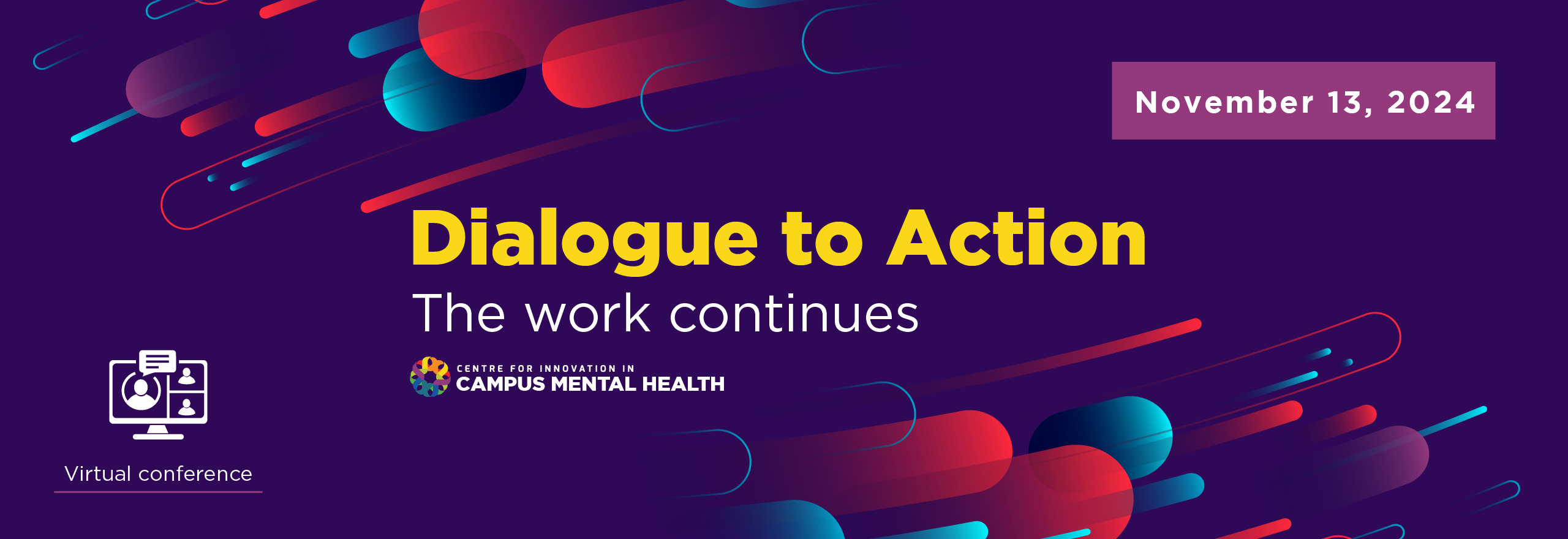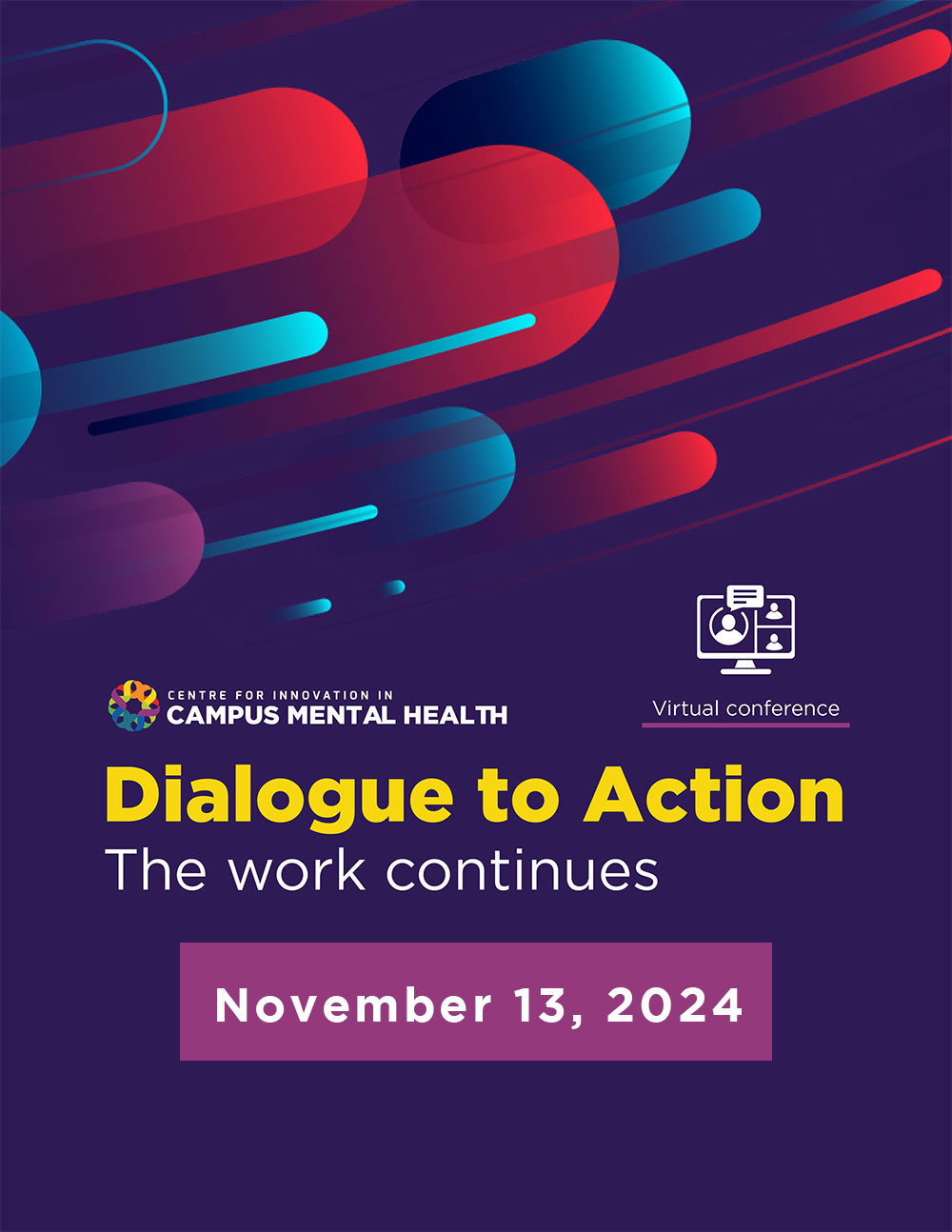Studies have shown that identity impacts likelihood to seek treatment related to mental health concerns, such that individuals who identify as white are up to 40% more likely to access mental health services compared to racialized students. Importantly, access to care and the time it takes to receive support has important consequences on mental health outcomes. As such, we investigated barriers to accessing care for undergraduate students. One important finding from this qualitative study was that students noted feeling overwhelmed when trying to determine which service could adequately meet their specific needs, and that they did know of services that were specific to their identity. As such, the findings from this study were used to inform the development of an application that facilitates student access to mental health services, which serves their expressed needs and matches their unique identity. We hope to share the importance of having a tailored approach to accessing mental health services that considers the principles of Equity, Diversity and Inclusion, using our app as a demonstrative tool.
Presenter
|StudentCarleton University
Changing Systems

